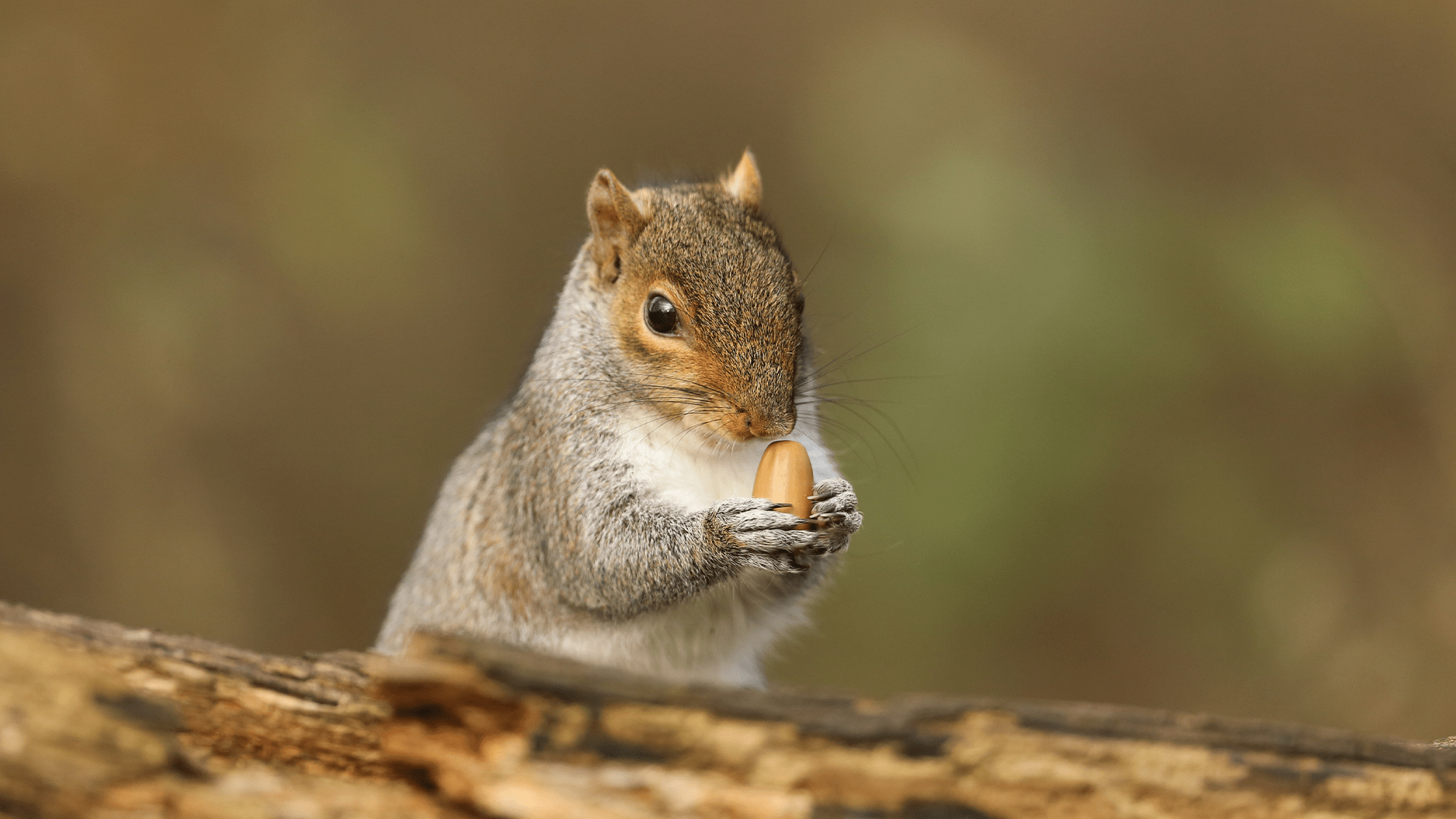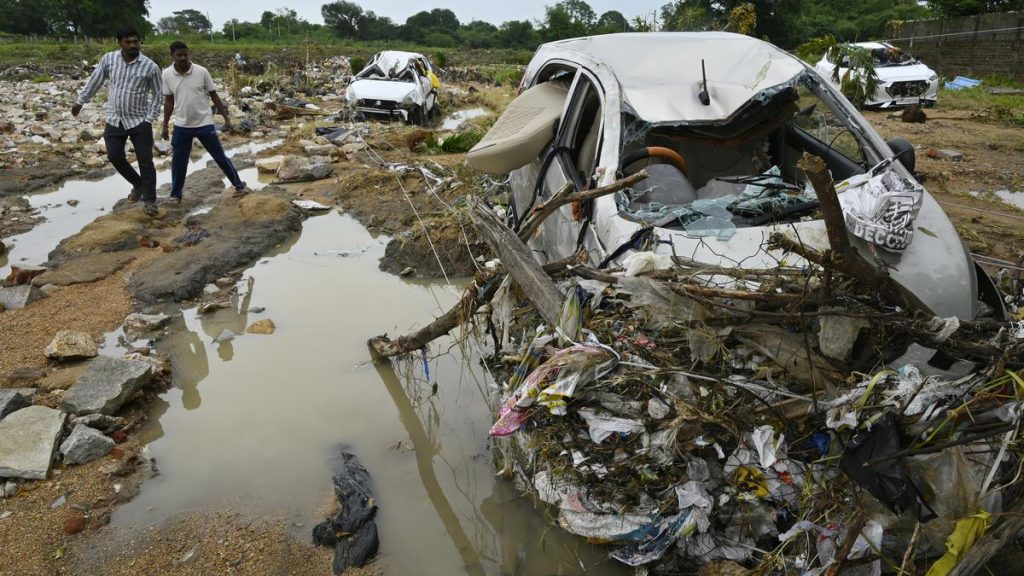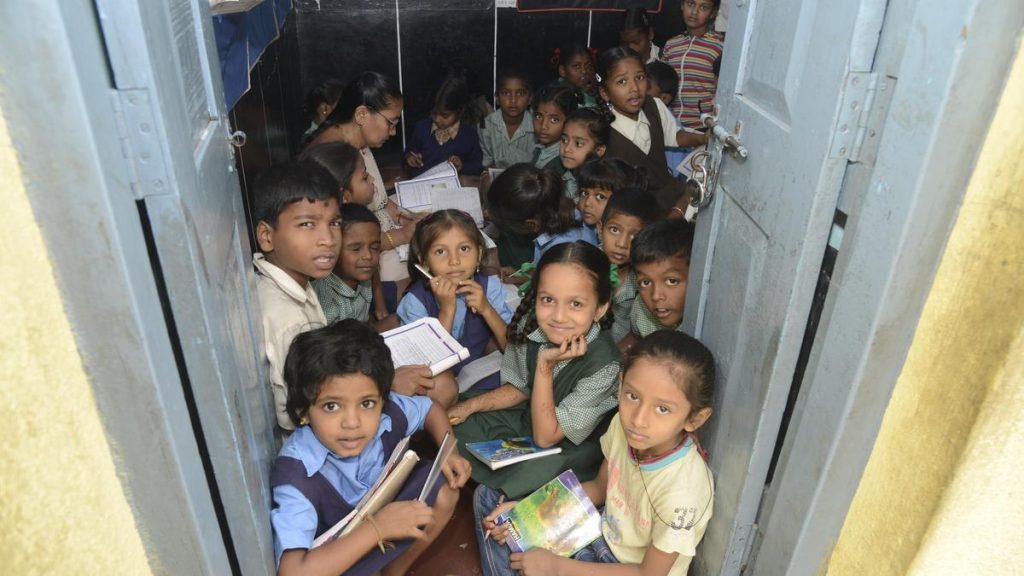Now Reading: Rodents Use Thumbnails as a Hidden Survival Tool
-
01
Rodents Use Thumbnails as a Hidden Survival Tool
Rodents Use Thumbnails as a Hidden Survival Tool

Fast Summary
- Rodents constitute roughly 40% of known mammal species and are present on all continents except Antarctica. They possess traits like rapid reproduction, flexible diets, and diverse habitats that contribute to their global success.
- A study published in Science on September 4 highlights an overlooked body part-thumbnails-that aids rodents in handling food and contributes to their evolutionary advantages.
- researchers studied preserved specimens from over 433 genera of rodents at the Field museum in Chicago, discovering that 86% of rodent groups exhibited species with thumbnails.
- rodents evolved from a common ancestor approximately 60 million years ago with thumbnails conducive for manual dexterity, enabling better handling of high-energy foods like nuts.
- Only primates and certain rodent species have nails on thumbs instead of claws; this feature is hypothesized to provide competitive advantages over other animals when accessing specific food resources such as nuts.
- Fossil evidence suggests early rodents had thumb bones adapted for nails rather than claws-a trait contributing to their ecological diversification over time.
Images:
1) Thumbnail close-up: The kangaroo rat’s hand with its smooth thumbnail aiding food manipulation (Credit: Missagia et al.).
2) Researchers examining mammal collection specimens at the Field Museum (Credit: Field Museum).
Indian Opinion Analysis
While this study centers around rodent evolution globally, its implications are significant for understanding biodiversity preservation-a subject critical for India’s ecological strategies given its rich fauna diversity. India hosts numerous rodent species playing key roles in ecosystems as seed dispersers or prey animals; insights into their evolutionary traits could inform conservation priorities or pest management research here.
The emphasis on museum specimen research highlights the value of institutional collections-frequently enough underutilized assets-in uncovering untold biological mechanisms affecting widespread species survival across regions like India’s dynamic habitats ranging from himalayas to coastal plains.
Thus, this study indirectly underscores pragmatic approaches that Indian researchers could emulate by leveraging existing biodiversity records coupled with advancements in systematic biology to enhance both theoretical knowledge and applied practices regarding rodents’ dual roles-as keystone ecosystem contributors or agricultural challenges-in Indian contexts.

























